Category : Politics
-
Utility, Work, Distribution: a New Grammar of the Social (19th Century)
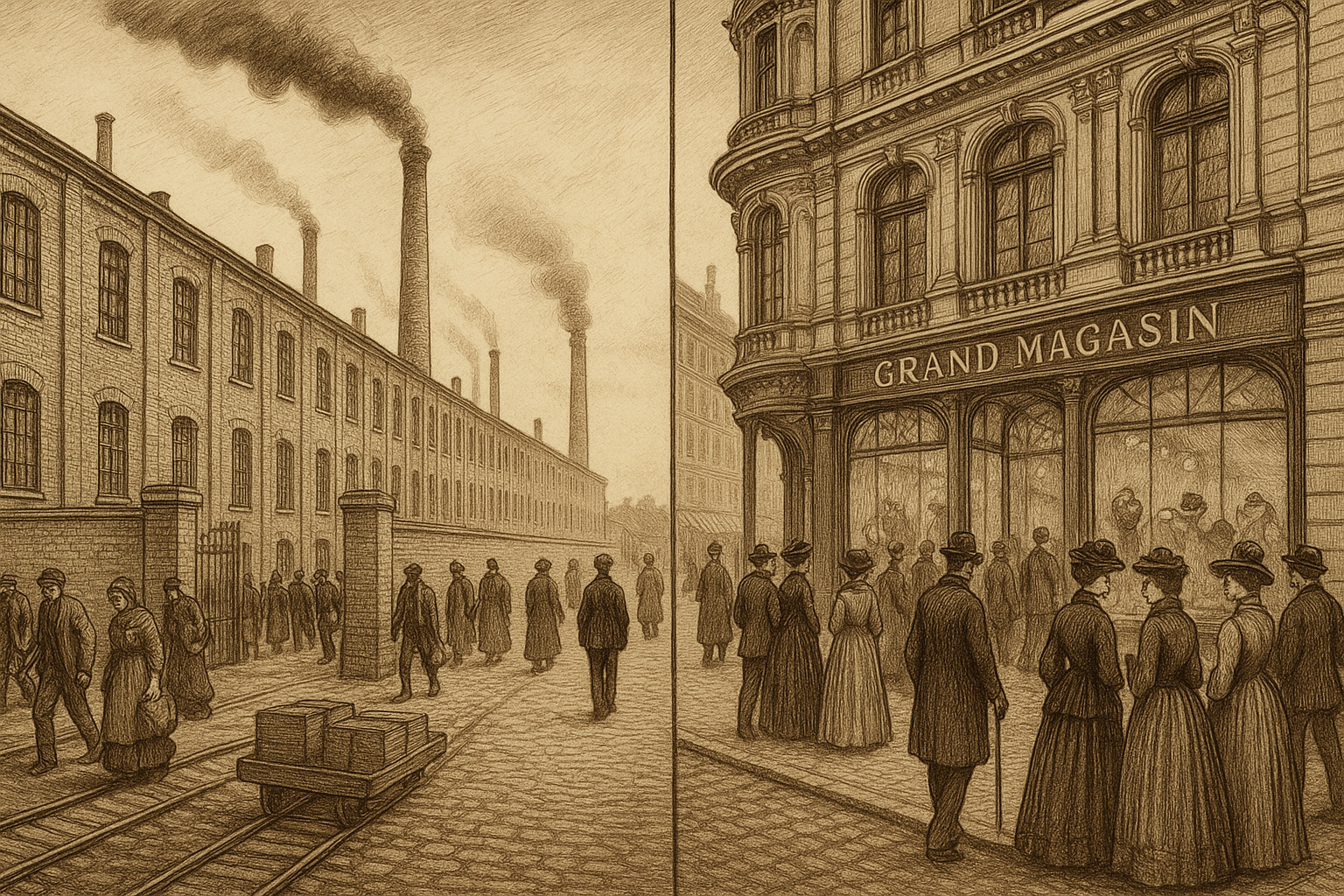
At the Origins of the Valorisation of the Economy (15th–19th Centuries) – Article 5/5 During the eighteenth century, Great Britain conferred an unprecedented status on the economy. The development of credit and investment projects, the gradual emergence of a manufacturing industry and a consumer society, the expansion of an increasingly integrated domestic and colonial market—all…
-
Interests as the driving forces of social recomposition in eighteenth-century Great Britain
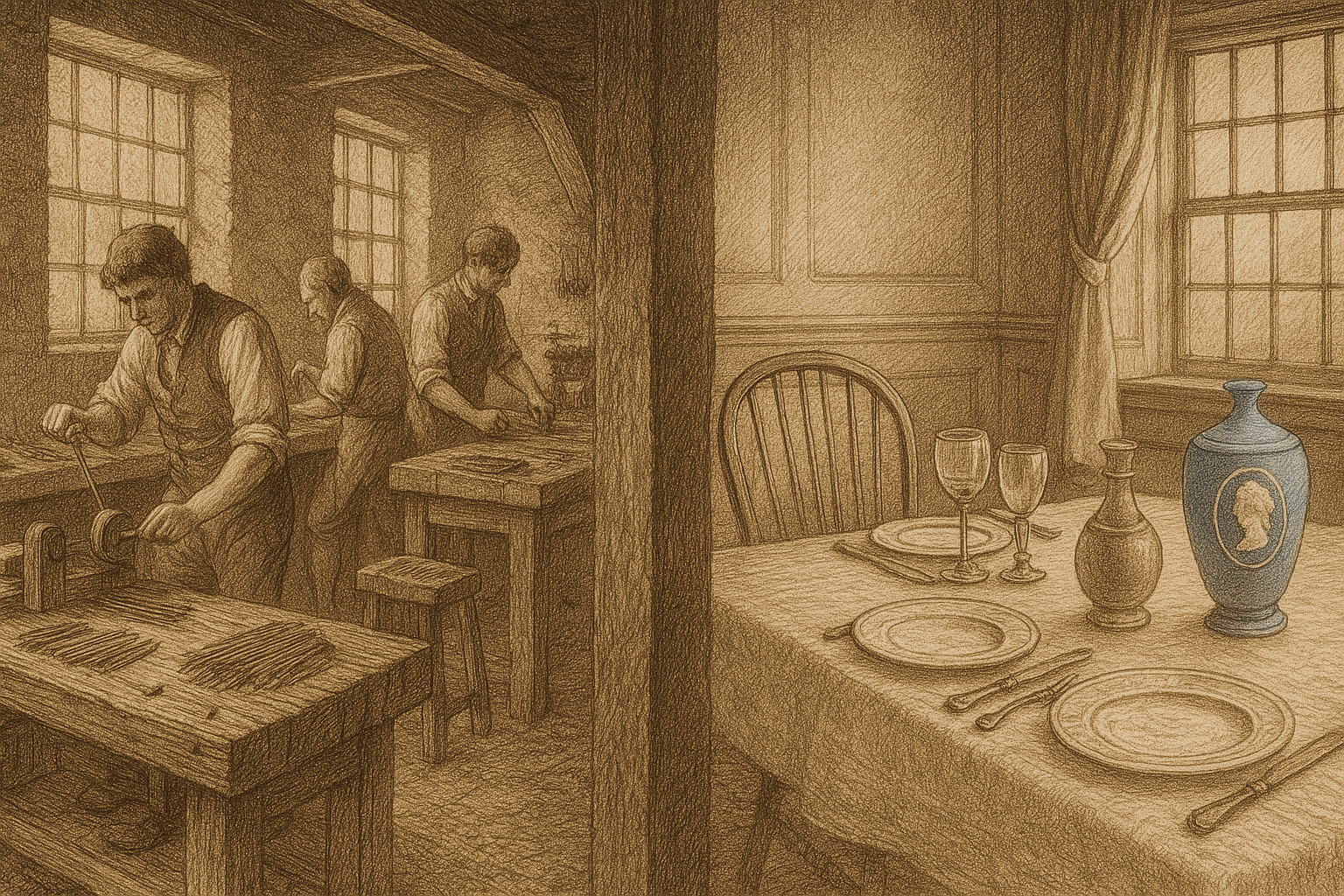
At the Origins of the Valorisation of the Economy (15th–19th Centuries) – Article 4 In eighteenth-century Great Britain, the word “interest” condenses heterogeneous realities that we now distinguish in order to avoid confusion. First, there is financial interest, an instrumental category and the primary one etymologically, which designates the temporal cost of a debt. It…
-
1789: Sovereignty and the Impossible Harmony of Interests
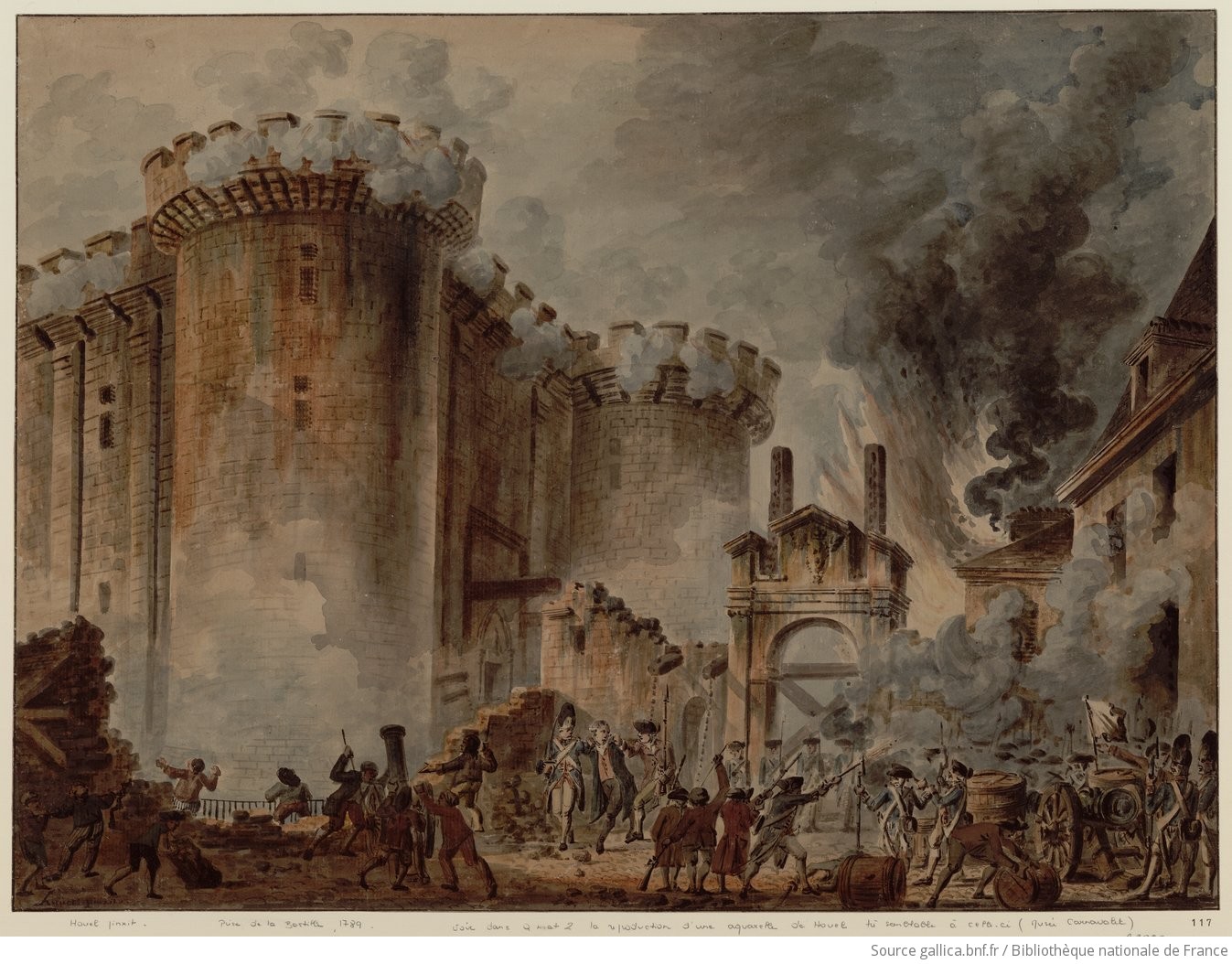
Robert Darnton’s The Revolutionary Temper offers a vivid picture of the moral climate that preceded 1789. He uncovers the accumulated resentment of ordinary people against the Crown, the nobility, and the clergy—a resentment sharpened by hunger and humiliation. Yet emotions, however intense, do not by themselves make a revolution. They ignite revolt, not political transformation.…
-
Berlin’s new stance towards Beijing shows how the global balance of power is shifting
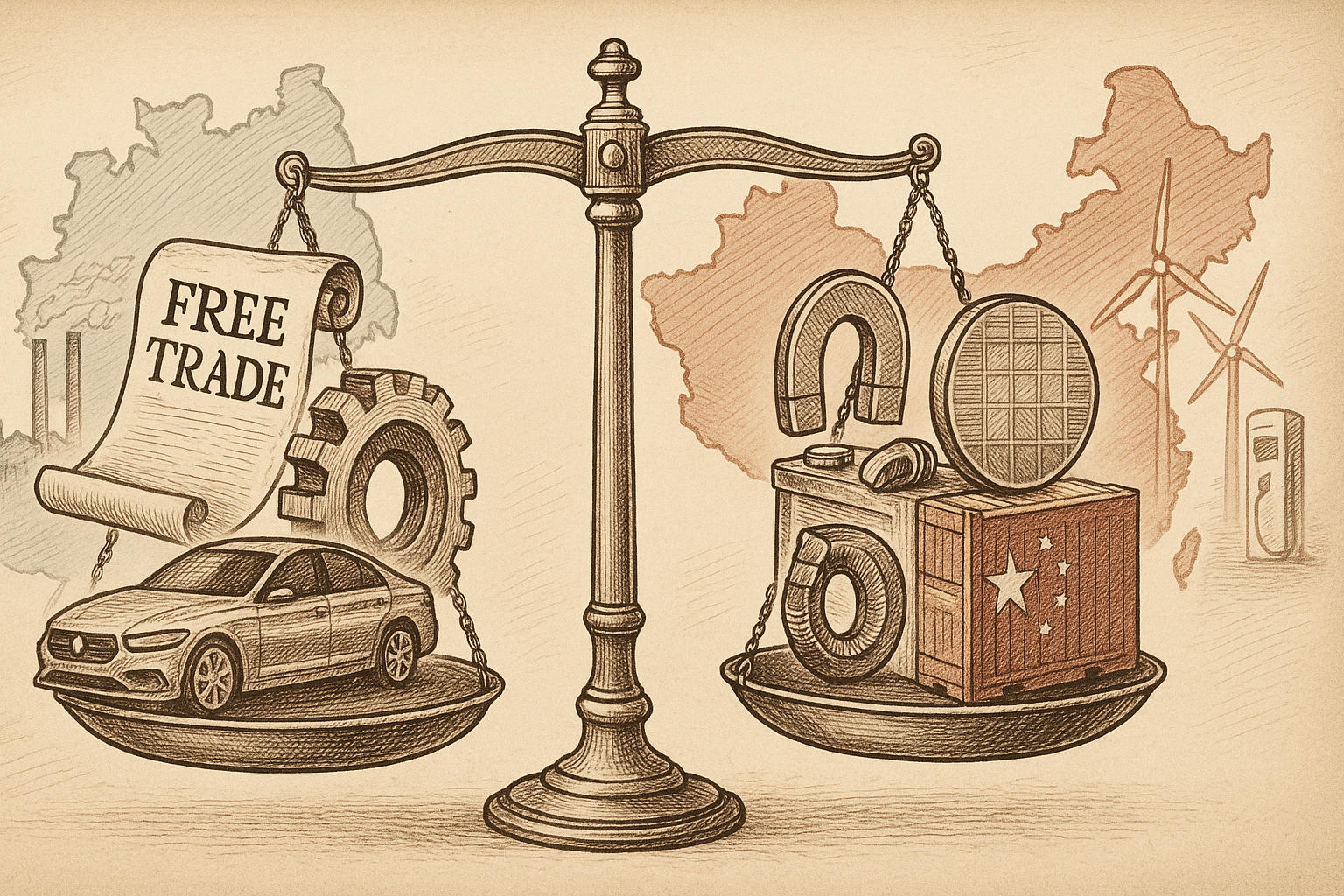
In a « Le Monde » article about tensions between Berlin and Beijing, the journalist writes: “The paradigm shift in international trade, where the strategic dominance of resources and raw materials, sensitive technologies and markets has replaced the rules of free trade, has deteriorated the position of German companies.”1 This raises a question: did strategic domination of…
-
Western Authoritarianisms or the Denial of a Global Evolution

Protectionist vs. Neoliberal Authoritarianisms Since his second inauguration as President of the United States, D. Trump has dominated the news, particularly due to his brutal attitude and arbitrary decisions that endanger American democracy, which is based on the existence of checks and balances. In this context, it is ironic to hear Vice President J.D. Vance…
-
On the Role of Technical Culture in Innovation and the Limits of Innovation Today
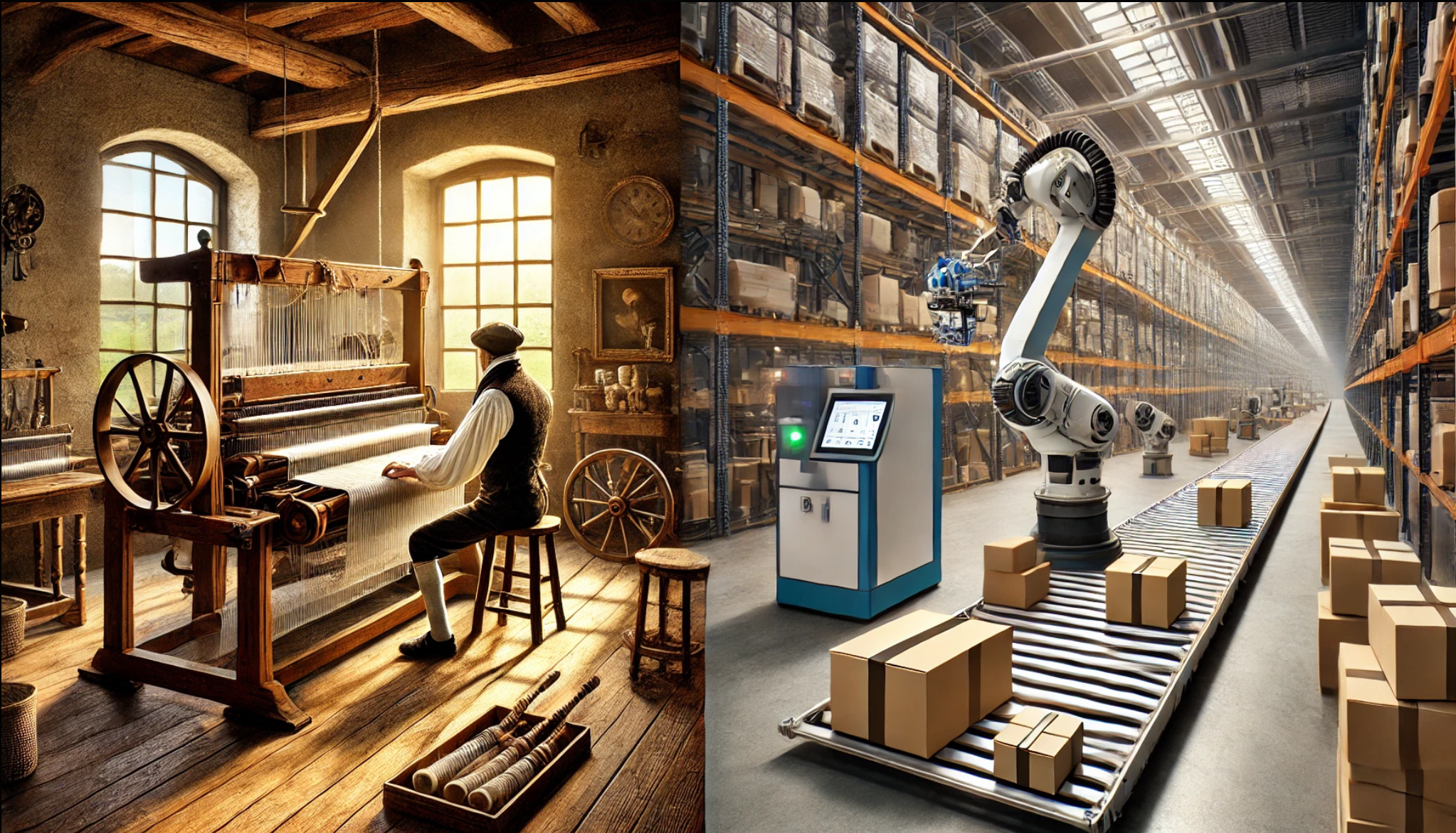
Technical Culture as a Factor in the First Industrial Revolution In Power and Progress, Daron Acemoglu and Simon Johnson provide a detailed account of how technological advancements have rarely benefited the entire population. Their fascinating investigation, spanning from the Neolithic era to the present day, supports the idea—dating back at least to Rousseau—that inequalities increased…
-
Authoritarianism: An Expression of Blindness and Structural Chaos
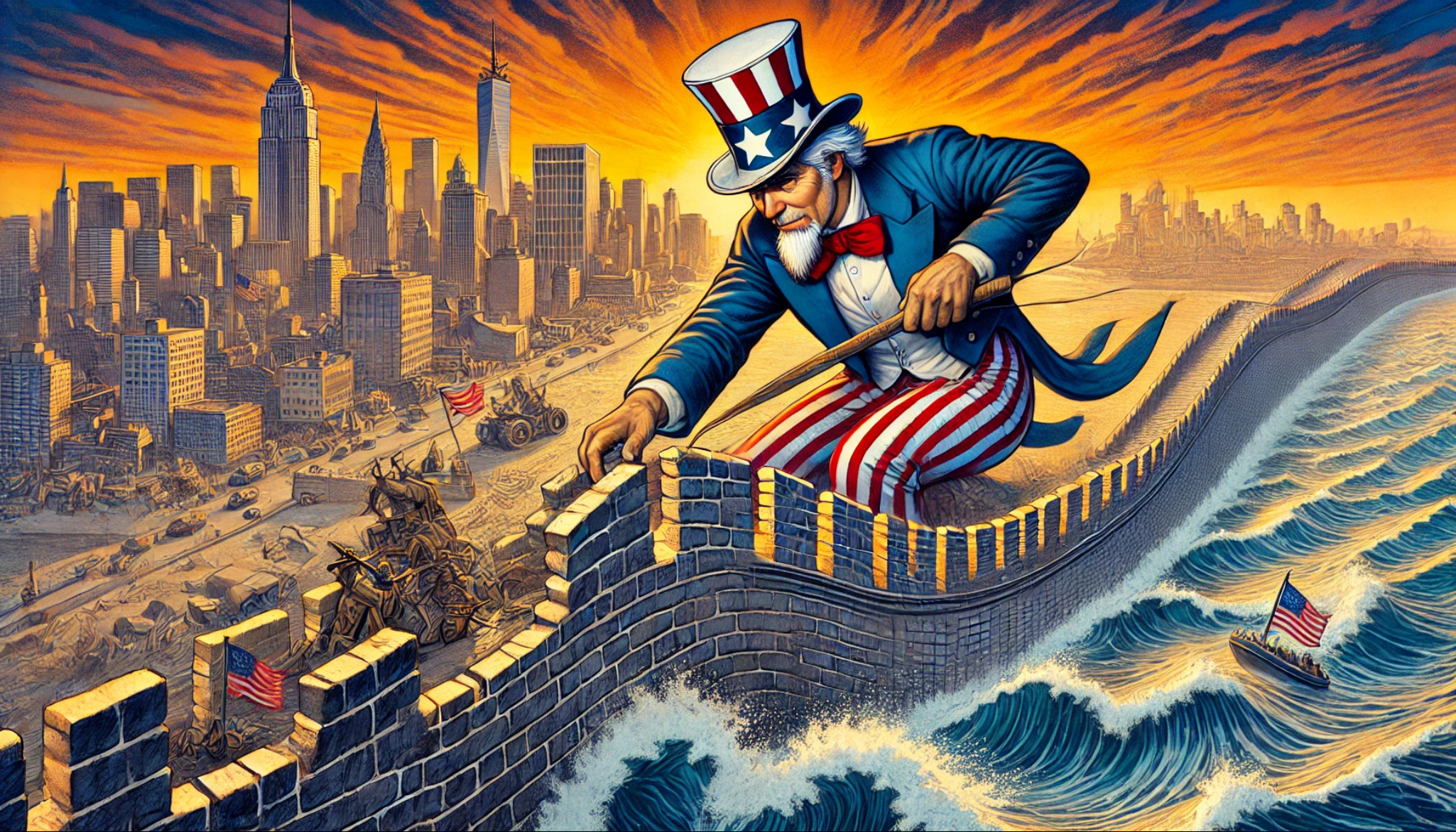
The reelection of Donald Trump as the leader of the world’s foremost power demonstrates that the authoritarian trend across the globe is not a fleeting, circumstantial anomaly that can be resolved with a handful of reforms. This trend reflects a boundless blindness that accompanies the desire to reinforce or redraw borders. The real estate magnate…
-
The political centrifugation, revealing a societal deadlock
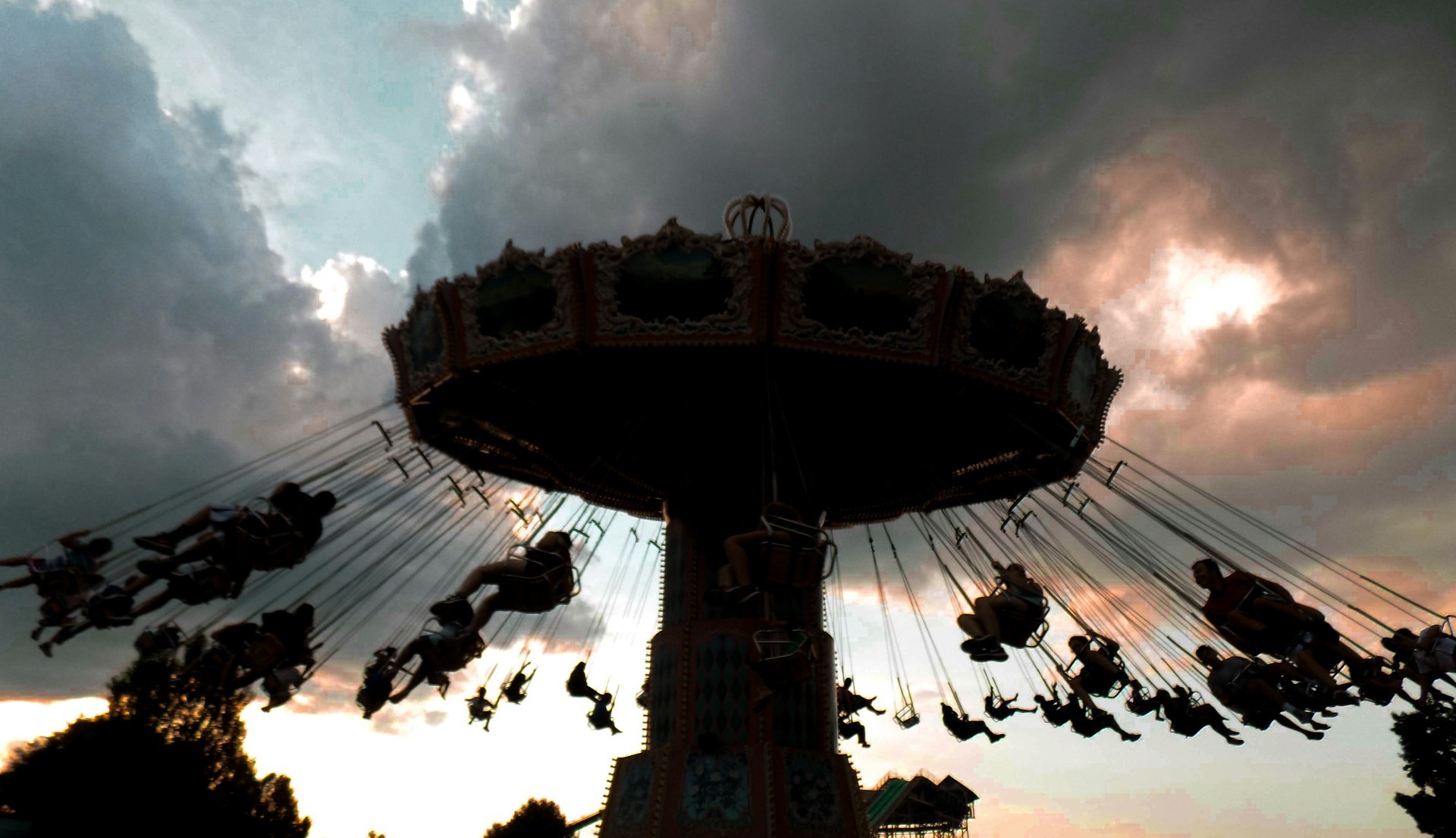
Since the collapse of the major historical political parties, which coincided with Emmanuel Macron’s election in 2017, French political life has become increasingly fragmented and extreme. The centre has successively acted as a third way and then as a repellent. This fragmentation is accompanied by a renewal whose originality lies more in the names of…